December 14, 2020
Okay, so it’s not the most catchy title and a long way off the 5 syllables of milking maids, but it’s important to recognise that Cloud is more than just a fancy marketing term applied to a system combining secure compute and store resources.
Too much time and effort is probably spent defining what Cloud is, what variations there are and whether Hybrid is the default solution now, given the reliance of every business on some form of hosted service, whether it’s a CRM, accounting or design application, to name but a few.
The real change with Cloud is what it allows you to achieve. What you can do now, safely and securely, without it costing you a fortune, compared to when you had to make huge capital investments to achieve similar performance.
Not a typo referencing the Quentin Tarantino gore-fest, but a clue to the importance of these Cloud trends and how they are shaping the future of businesses of every size and complexity. So, in no particular order, let’s review the technology that’s changing the world.
Containers – a form of operating system virtualisation, where a single container might run anything from a small software process to a larger application, with all the necessary executables, code, libraries and configuration files contained within it, but importantly no operating system images.
Containers are lightweight and portable, requiring less system resources than traditional or hardware virtual machine environments. Containers offer more consistent operation, as applications in containers will perform the same, regardless of where they are deployed, which makes them ideal for organisation to migrate legacy applications into modern cloud architectures.
DevOps – combines the culture, practices, tools and skills needed to increase the ability of an organisation to deliver applications and services more quickly, whilst speeding up their evolution, which in turn enables them to meet the changing needs of their customers more effectively.
DevOps brings together development and operations into a single team, allowing technicians to work across the full application lifecycle, from development and test through deployment and operation, using a technology stack to operate and evolve applications quickly and reliably.
Artificial Intelligence – is helping organisations to understand and learn with accurate, often real-time analysis of data, to discover the patterns and insights needed to guide the decisions that lead to process automation. The integration of Cloud computing and AI is not just desirable, it’s inevitable.
AI will streamline the capabilities of Cloud and when applied appropriately, make it more powerful. Cloud computing will be a platform for AI and in turn, we expect AI will monitor, operate and manage Clouds to perform optimally, eventually resolving its own issues automatically.
Business Intelligence – is about delivering the right information to the right people at the right time to drive better decision making. Cloud-based BI not only offers access to data from anywhere, but allows organisation to react more quickly to new trends and changing market conditions.
Traditionally on-premise, moving BI to a DataQuest Private Cloud in addition to flexibility, agility, security and scalability offers ease of deployment, simplicity of use, better accessibility with mobile apps, and the potential to cut overheads by reducing the on-premise resources.
Internet of Things – is a dispersed set of technologies, typically viewed as network-connected devices, sitting somewhere in the physical environment that work to improve an existing process or enable an innovative scenario, which will produce lots of data, that needs storing and analysing.
The combination of Cloud and IoT technology offers numerous benefits, including data accessibility, remote device review and improved security, but the main reason for converging the technologies is to deliver more efficient communication, connection and transference of data between devices.
Virtual Desktops – a Cloud solution that’s really gaining traction, thanks to improved connectivity and new technology, that ensures users always have virtual remote access to their information and their work space, regardless of the device they use to connect.
You used to require your own servers and a VDI, but now thanks to the expansion and evolution of Cloud, with nearly all processes possible remotely and centrally, the ability to exploit the benefits of virtual desktops is no longer the preserve purely of enterprise scale organisations.
Hybrid Cloud – when you’re looking to combine your current on-premises resources, with Public or Private Cloud, or integrating Public and Private Cloud solutions to deliver the best of all worlds, you are creating the perfect Hybrid Cloud, tailored to your unique requirements.
With your Hybrid Cloud at the heart of your organisation, you will increase organisational flexibility and the ability to react quickly to changing circumstances. You also take advantage of Public Cloud cost-savings, without giving up all control you can quickly scale up or down as demands change.
Serverless computing – a way of providing backend services, without the user having to worry about the infrastructure on which they are deploying the code they have written. They are charged for the actual compute activity, without having to pay for a reserved amount of bandwidth or server space.
It is a slightly misleading term though, as the servers do actually exist in a datacentre somewhere, with the Cloud provider handling the provisioning, maintenance and scaling of the server infrastructure, allowing the developers to simply containerise their code for deployment.
And finally – we’ll cover some of these topics in more detail, but we’re nearing the end of our Cloud story, with just four days to go. Hopefully our insights are giving you pause for thought about your Cloud decisions now and into the future, which we would love to discuss with you in more detail.
If a Cloud conversation would help focus your mind before the Christmas break, please get in touch with Chris Baker, on 07984 574609 or email [email protected]

Read full story
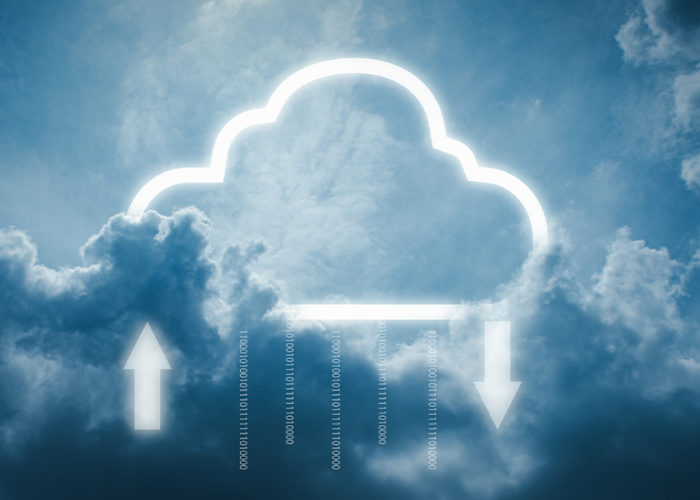
Read full story
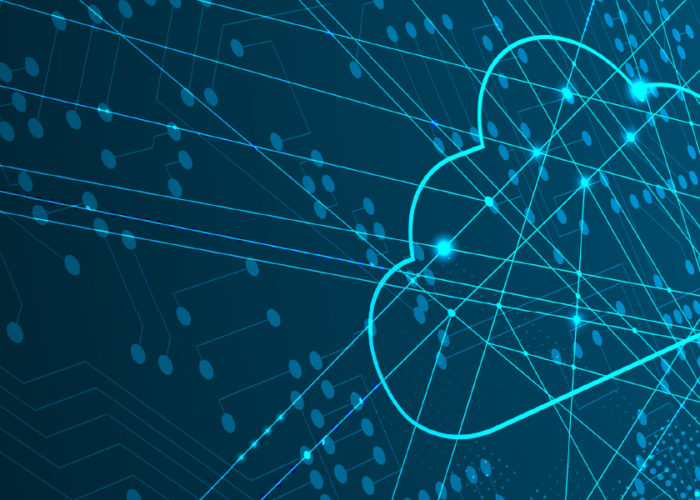
Read full story

Read full story

Read full story

Read full story
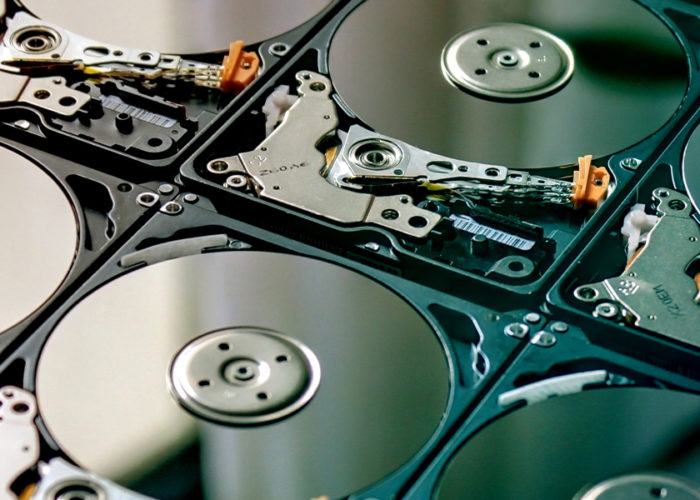
Read full story
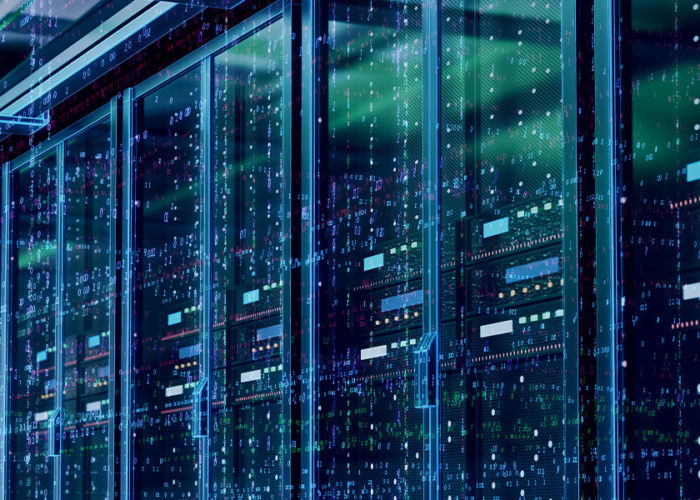
Read full story

Read full story
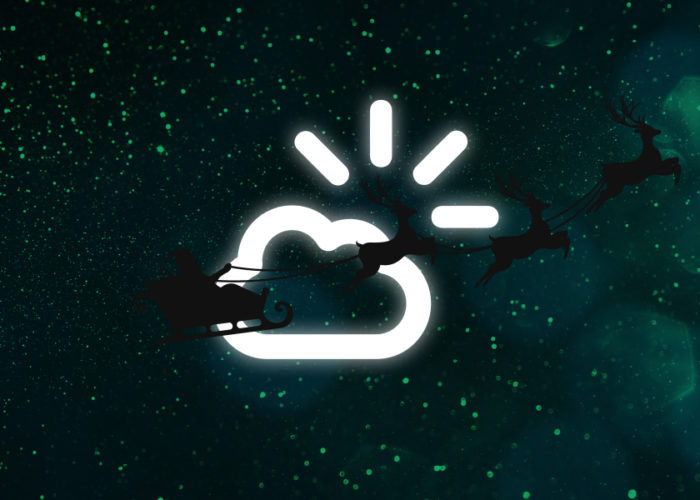
Read full story

Read full story

Read full story

Read full story

Read full story

Read full story

Read full story

Read full story

Read full story

Read full story

Read full story